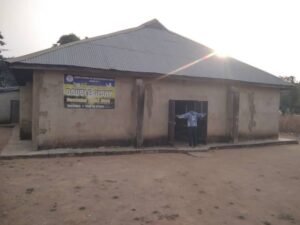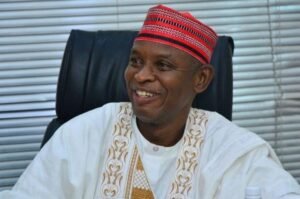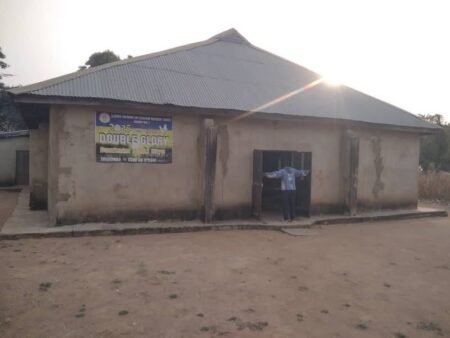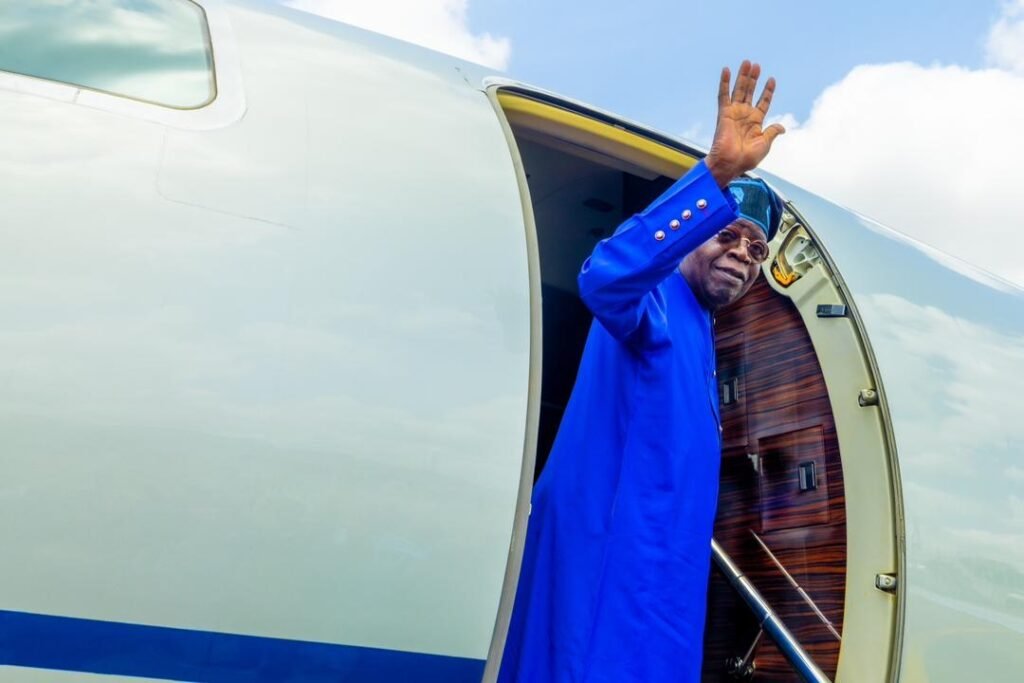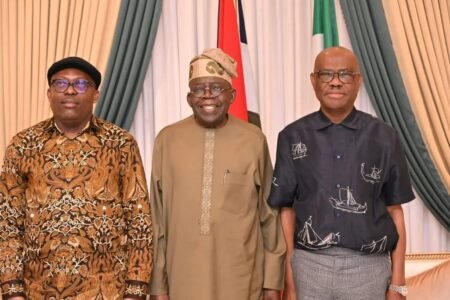Nigeria’s currency, the naira, may face another devaluation shortly after the 2027 general elections, according to Chidi Ajaegbu, President of the Institute of Chartered Accountants of Nigeria (ICAN).
Ajaegbu expressed concern over the Federal Government’s rising appetite for loans, warning that reckless borrowing could plunge the nation into deeper economic distress.
Speaking at a public lecture organised by the Department of Accounting and Finance, Godfrey Okoye University, Enugu, he said, “Excessive borrowing scares away investors. The government must be cautious. Buhari was reckless with loans, and this could devalue the naira after 2027.”
Nigeria’s public debt reached ₦152.4 trillion in September, even as the rebased Gross Domestic Product (GDP) surged by 41.7 per cent to ₦372.8 trillion.
Echoing similar concerns, the Lagos Chamber of Commerce and Industry (LCCI) called for fiscal discipline and urged the government to link borrowing to productive investments.
During the Chamber’s quarterly State of the Economy briefing, LCCI President, Gabriel Idahosa, said debt-financed recurrent spending remained a major threat to long-term growth.
He noted that while the GDP rebasing had reduced the debt-to-GDP ratio to 39.4 per cent, debt servicing costs were still eroding fiscal space.
Idahosa also commended the Central Bank of Nigeria’s decision to lower the Monetary Policy Rate to 27 per cent but warned that without structural reforms, the economy’s recovery might not be sustainable.
The event’s keynote speaker, Prof Uche Uwaleke, stressed the need for capital market literacy to drive investment and development, while Enugu Assembly Speaker, Uche Ugwu, said the market was vital for infrastructure financing.
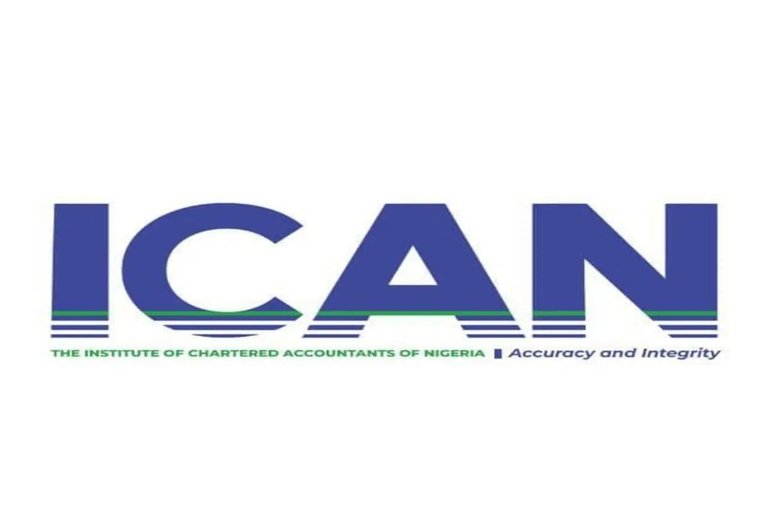
Both ICAN and LCCI urged the government to adopt prudent borrowing practices, strengthen fiscal management, and focus on sustainable economic reforms to stabilise the naira and safeguard Nigeria’s financial future.
